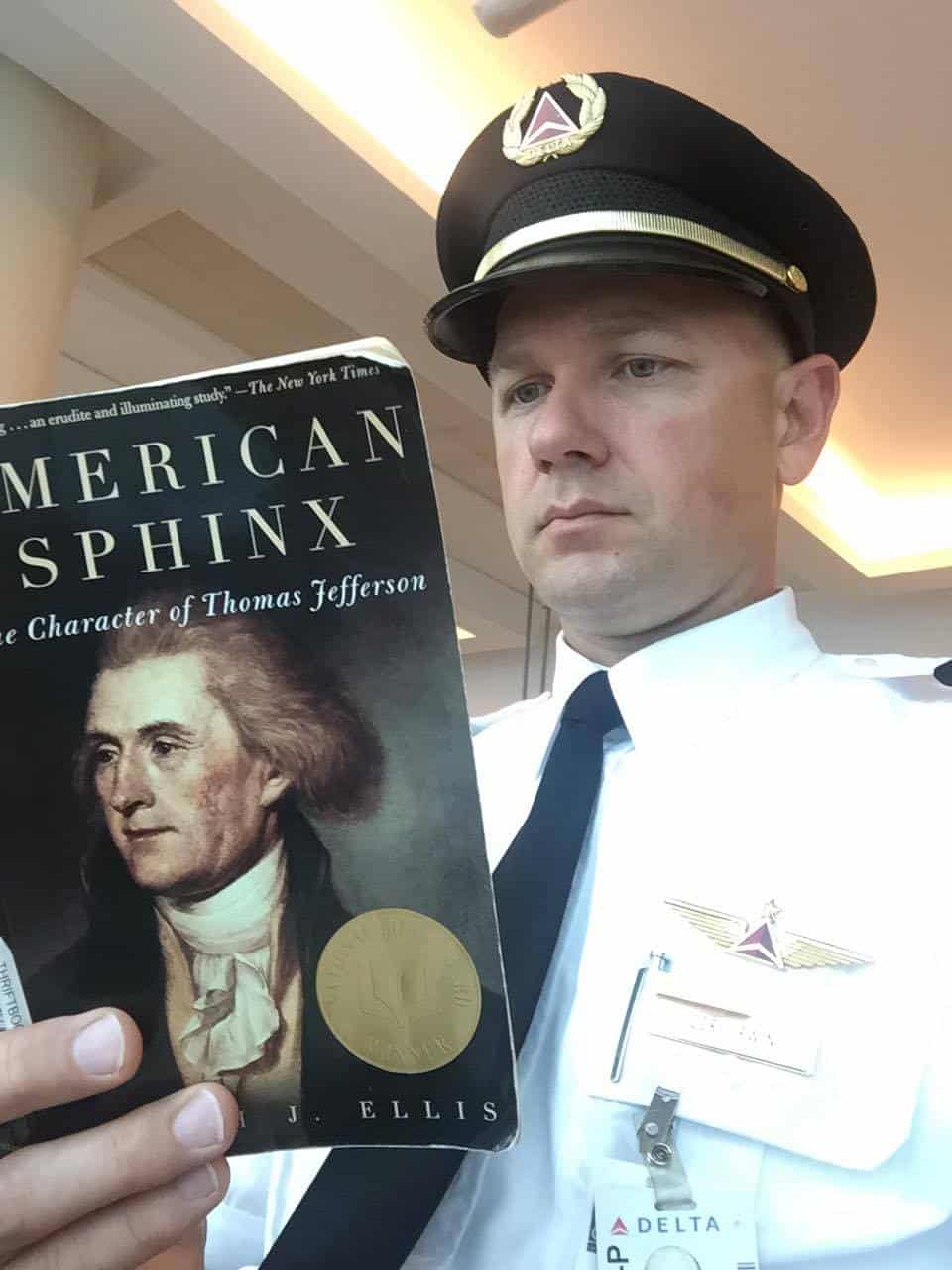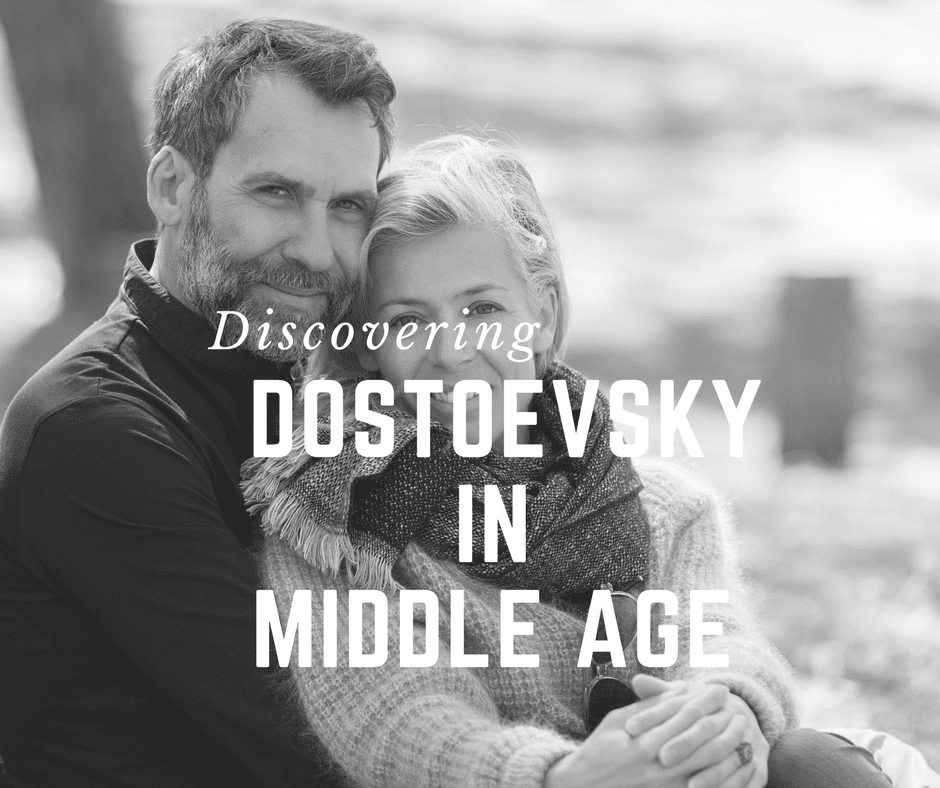“Did I tell you that’s what I did when I was flying red eyes? I would stare out the window at the stars and get frightened by the enormity of the universe.” – High School Best Friend, Pilot, Autodidact
Cory was my best friend in high school. To this day, he remains one of my closest friends in the entire world.
He is now a pilot for a major American airline and in the past eighteen months has experienced a majestic awakening of the mind and of the spirit unlike any I have ever seen or encountered. The world suddenly seems wonderful—as in, the world is now full of absolute, ineffable wonder—to him.
Every day pulses with possibilities heretofore unknown to him. Of late, he finds himself to be a better husband, a more loving and attentive father, and immune to the gnawing cynicism that begins to permeate the middle age mind. Professional sports suddenly seem banal or at least less interesting to him. He can’t imagine wasting time playing on his phone for hours on end in airport lounges or reading the latest David Baldacci novel.
The everydayness of life he once took to be the mark of adulthood used to project a fallow and stale aura of gloom onto the circuitous routine of his life—fly to City A, fly to City B, spend a few days fathering and husbanding before repeating the familiar cycle anew—now radiates a proximate and purposeful glow wherever he goes. This gleeful metamorphosis is not the work of a wonder drug or a cutting edge therapist. Indeed, the millions of middle-aged Americans who feel the autumn of life is right around the corner and that life’s apogee is now in their rear-view mirror, should take intensive note of Cory’s intellectual and spiritual odyssey, for it is one every person has the power and opportunity to take.
The Cory of my childhood was the absolute best friend a teenager could ever have. He was kind, intelligent, hard-working (most of the time) but also as rowdy and silly as a person would expect a teenage boy to be. He was unflinchingly honest when I needed to be a better person yet never failed to support me when I was having a bad day.
I write these things only to note he has always been a human being of exceptional quality, both in private and public. But now there is something different about him, something brimming with substance and significance; it reminds me of Tom Wolfe’s description of “a man in full.”
[bctt tweet=”We forty-somethings are at the peak of our mental and physical capacities” username=”EducatorsRoom”]
The impending season of middle age is unique in the walk of life. We forty-somethings are at the peak of our mental and physical capacities, reaching and thriving within the maelstroms of parenthood and professional life, far enough away from childhood that we occasionally feel the pinch of old age (man, when did I start having back problems?), but also young enough to recognize the vitality of occasional wonderment. It is here at this enchanting mid-season of life that the possibilities of a true education—not the utilitarian work mill of lecture listening and test taking that once defined the school years of our youth—come fully and resplendently into focus.
The noon of life illuminates both our inherent human limitations, yes, but also spotlights the infinite reservoir of what’s possible with the time we have left. The books and lectures and knowledge that once seemed trivial in childhood suddenly throb with relevance. The great secret of deep learning is it connects one to a train of thought forever nourishing and life-affirming. What a child or a teenager does not understand is the endless themes of the human drama—love, faith, anger, regret, envy, hope, wistfulness, friendship—are challenging to every human being, in every era, in perpetuity. Books are tonics for our human frailty, not because they are “Western” or “canonical” or even “classical,” but because they explore the difficulties inherent in life itself.
The term “serious reading” wreaks of academic pretentiousness and high-minded affectation, and yet the task of assigning oneself to reading texts of historic consequence brings with it riches difficult to describe to the young.
Cory spent months reading The Brother’s Karamazov, literally hauling it all over the globe, deeply immersed in the spell of Dostoevsky. But Cory was devoted because he understood he was reading about more than Dmitri, Ivan, and Alexei’s actions; he was exploring God and fate and morality. Wittgenstein and Heidegger both list Dostoevsky as an influence which leads one to wonder: shouldn’t we all? Serious reading isn’t about being seen at a coffee shop or memorizing lines to use at opportune moments at a dinner party—no, it’s realizing there are thinkers and books worthy of our consideration because the act of absorbing their world-view refines and refreshes our own.
Deciding, as Cory has, to get serious about understanding the world and oneself radically adjusts the learning process from one of mild curiosity and necessity, to one of almost existential urgency. Indeed, there are books so important in the process of refining our essential selves that we often look back on the time before we read the books as a period of novice living, mere apprentices of life.
As the movie and literary critic David Denby commented in his extraordinary book, Great Books, “I needed to start work on this book because I no longer knew what I knew. I felt what I had read or understood was slipping away. I possessed information without knowledge, opinions without principles, instincts without beliefs. The foundations of the building were turning to sand while I sat in the upper balconies looking out at the sea. ”
[bctt tweet=”We believe rights should be equitable, opportunity plentiful, and society civil.” username=”EducatorsRoom”]
We fashion ourselves as believers in democracy, in progress, in empathy. We adore justice and adulate those who use their ingenuity and drive to change the world. We believe rights should be equitable, opportunity plentiful, and society civil. But why? Where do such conventions come from? What are their origins? Why do we make the assumptions we make? Cory decided it was time to explore why he “believed what he believed,” why the world is what it is, and most importantly, what his place is within it.
On long flights across the country and far above oceans, the beauty of the stars and the enormity of the world fill my friend with something new, something foreign yet close to grandeur, something befitting the soul of the poet. What he is experiencing is the simple but glorious awe of merely being alive, of being an ingredient in the cosmic soup of existence itself. It is one thing to live and breathe and eat and sleep. He has always subsisted as a kind, funny, and highly intelligent man. It is another thing to flourish by thinking deeply and feeling passionately, detecting the tenuous intimacy between beauty and contentment, to flourish in life through the tendrils of commitment to one’s wife, children, and nation. For reasons that are difficult to explain, a mind in the midst of serious contemplation and study laughs heartier at humor, forgives easier in the face of slights, loves in a deeper and more penetrating fashion, and perceives beauty in both the momentous and the miniscule. Sunsets radiate brighter and smiles seem richer. The soul of the autodidact is sensitive to all the world has to offer, constantly in search of new avenues of understanding.
No matter how many hours we immerse ourselves in Plato and Plutarch, Montaigne and Melville, most of life is still about doing laundry and cleaning dishes. It’s making lists and checking them off. It’s seeing clients, driving buses, teaching classes, or in Cory’s case, flying commercial airplanes. The endless drudgery of life certainly never vanishes, even amid higher learning and refined thought (Tolstoy never seems to help with the grocery shopping), but its reflection is refracted and refined, allowing it to sit quietly in its proper place within the broader tapestry of life’s many possibilities. Those who approach middle age with the belief that obligatory toil is the defining task of adulthood often come to the unfortunate conclusion that simple amusement is the counterweight of this toil—more Netflix, more apps, more social media interconnection.
[bctt tweet=”Seekers know better. ” username=”EducatorsRoom”]
A better refuge, a more meaningful respite, asks us to reconsider the assumptions we have always made. Cory is in the midst of a great and grand reconsideration, one that will lead him to adventures of the mind and possibilities of the heart. Thankfully he is not alone, for he has become a pupil of life, learning from the masters who have come before. Most of us in modern life have forgotten that there is another name for this process: getting an education.





